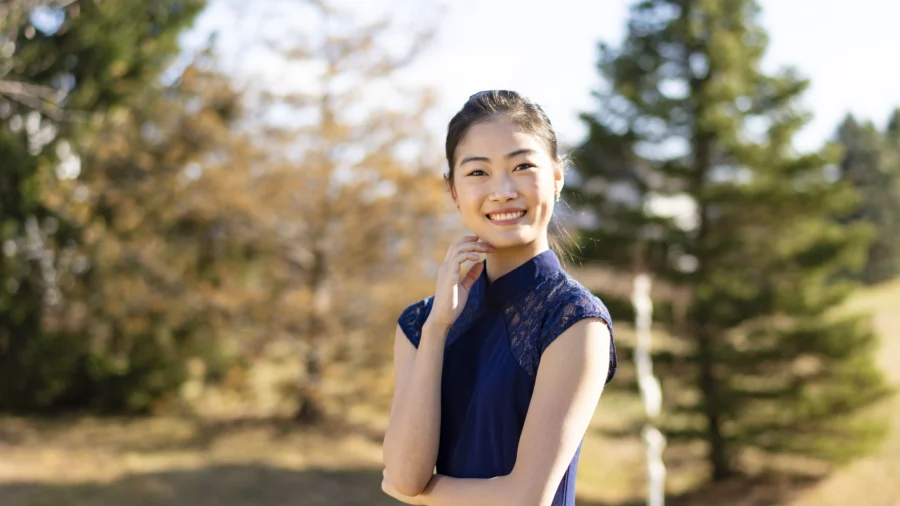An elite dancer must master many skills; and a whole lot more goes into being a good person—Shindy Cai believes there’s a strong connection between the two.
Cai and half a dozen other dancers and musicians with Shen Yun Performing Arts recently shared with The Epoch Times their journey on the path toward virtue and virtuosity.
Shen Yun is the world’s premier classical Chinese dance and music company. Its eight troupes tour the world, performing for about a million people every year at some of the most prestigious theaters.
Some Shen Yun performers start to tour with the company while in their teens, as part of their studies, thanks to a special arrangement with two affiliated schools, Fei Tian College and Fei Tian Academy of the Arts.
“Being here at Shen Yun, being here at Fei Tian for all these years has really shaped me as a person, who I am,” said Steven Song, a Shen Yun violinist.

Spiritual Expression
Shen Yun was started in 2006 in New York by practitioners of the Falun Gong spiritual practice. The Fei Tian schools are religious, with the Falun Gong principles of truthfulness, compassion, and forbearance forming the basis of their culture, which then informs the artistic expression of Shen Yun, the artists said.
“I feel like the way that my faith shapes me as a person, it’s reflected into my art,” said Nika Zhang, a Shen Yun violinist and concertmaster.
All the artists said they had practiced Falun Gong since early childhood. Yet their understanding of it was rather shallow when they first came to Fei Tian, they said.
“You have to be kind to people, to be honest. You have to not lose your temper. As a child, that’s how I understood it,” Zhang said.
The environment at Fei Tian and Shen Yun helps people to sort out their convictions, the artists said.
For one thing, becoming a professional dancer or musician requires extraordinary effort.
“It pushes you to the limit, both physically and mentally,” said Jesse Browde, a Shen Yun principal dancer.
But it wouldn’t work to pursue purely technical mastery without immersing oneself in the spiritual underpinnings of the art, the artists said.
Even though most of the Shen Yun program is not about Falun Gong, the traditional Chinese culture it portrays naturally includes spiritual elements.
“Spirituality was always a large part of Chinese culture,” said Ashley Wei, a former Shen Yun dancer and now stage producer with the company.
Alice Liu, Shen Yun timpanist and percussionist, agreed.
“You see and hear a lot of stories about reverence for the divine, and that’s really the spirit of traditional Chinese culture,” she said.
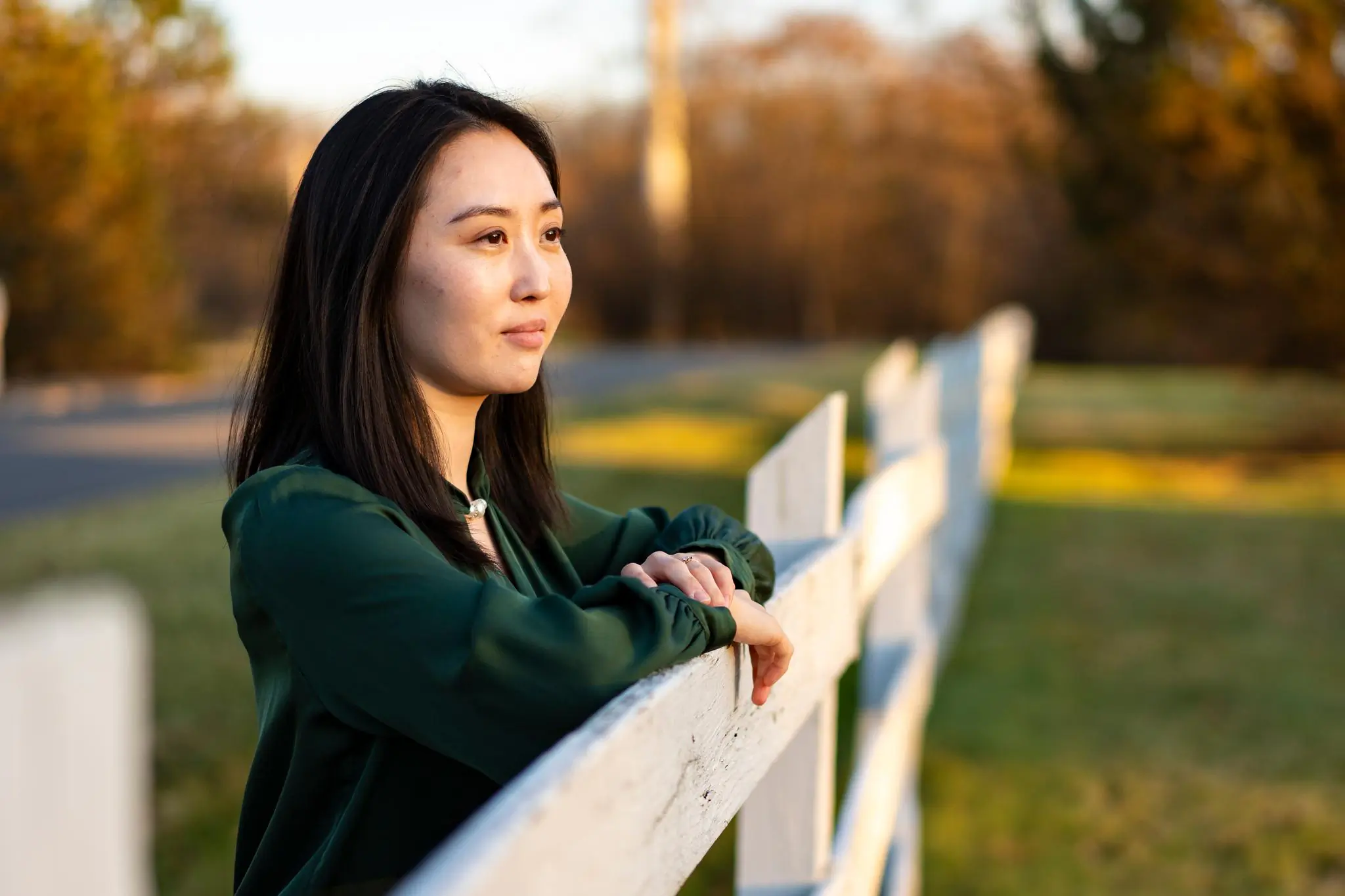
That’s also part of the appeal, Wei said.
“Tales of Buddhist, Daoist monks, these things are what make Chinese culture so fascinating to the Western world.”
Expressing those kinds of values can’t be faked, Browde said.
“Dance is literally using movement to express what’s in your heart. And if you don’t believe what you’re trying to convey, then I feel like that dance form is going to come out as not convincing.”
Song said it requires not just understanding the values theoretically, but actually living them.
“I believe that whoever you are as a person will be reflected in your work as an artist, be it music, dance, or painting. And so I believe it’s essential to cultivate myself as a person, to hold myself to really high moral standards,” he said.
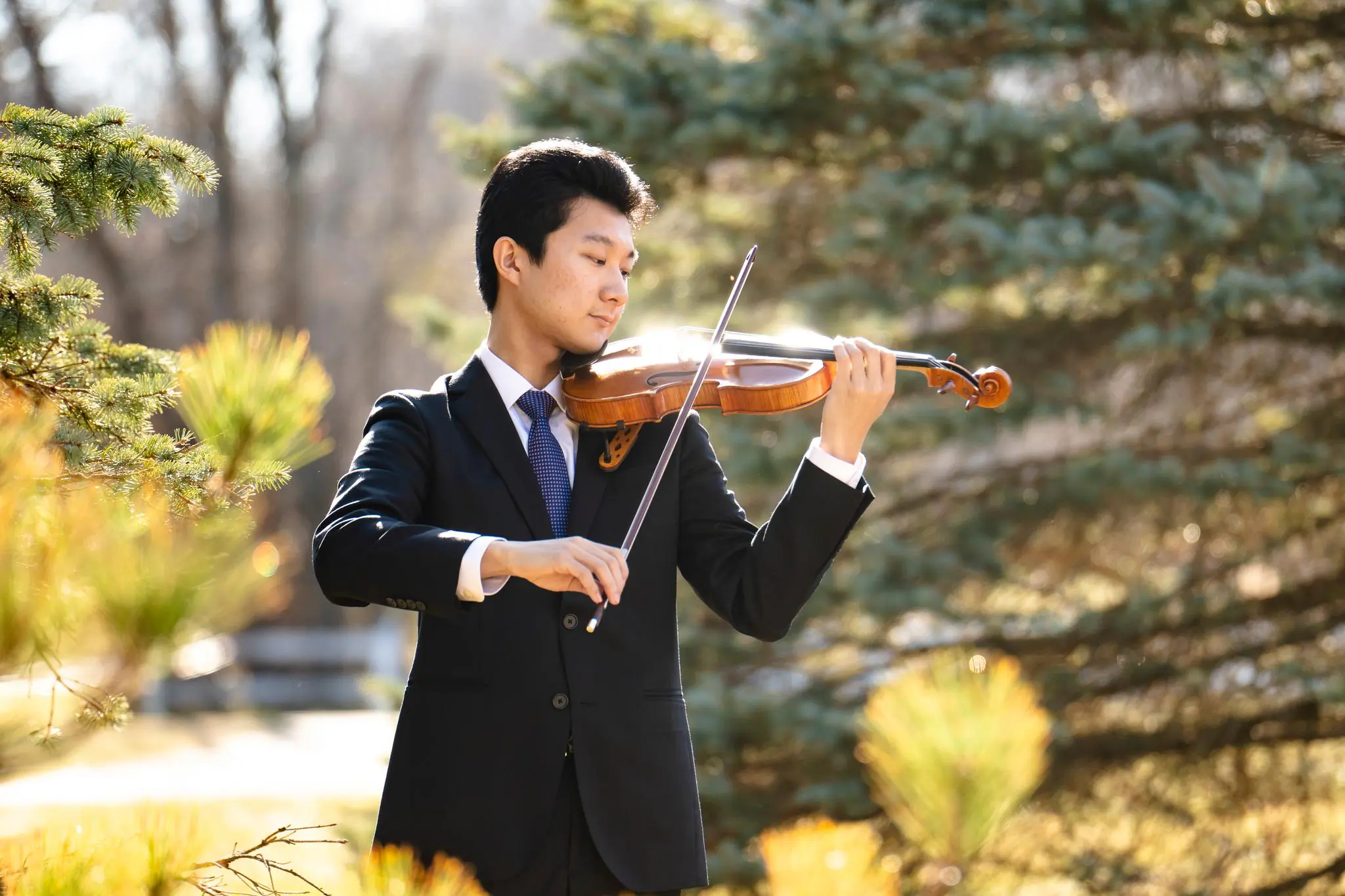
Part of it comes from studying history, but mostly, it comes from practising Falun Gong, the artists said.
“This is my North Star when I am looking for direction. What I do when I’m faced with difficulties or challenges in my own life, or even in playing as a musician—any aspect of life—is try to hold myself to these values,” Song said.
“It’s a very essential part of my life, and for me as a person. And everybody here at this school, we practice that.”
Strong conviction, in turn, helps in overcoming difficulties, Zhang said.
“This is something I really care about, and I want to do it to the very best I can,” she said.
It’s also something, she believes, the audience can feel.
“Because we perform it with so much passion, with so much purpose, it’s like when someone does something very sincere for you, like they do a very sincerely kind act, you can feel that they’re being sincere about it,” she said.
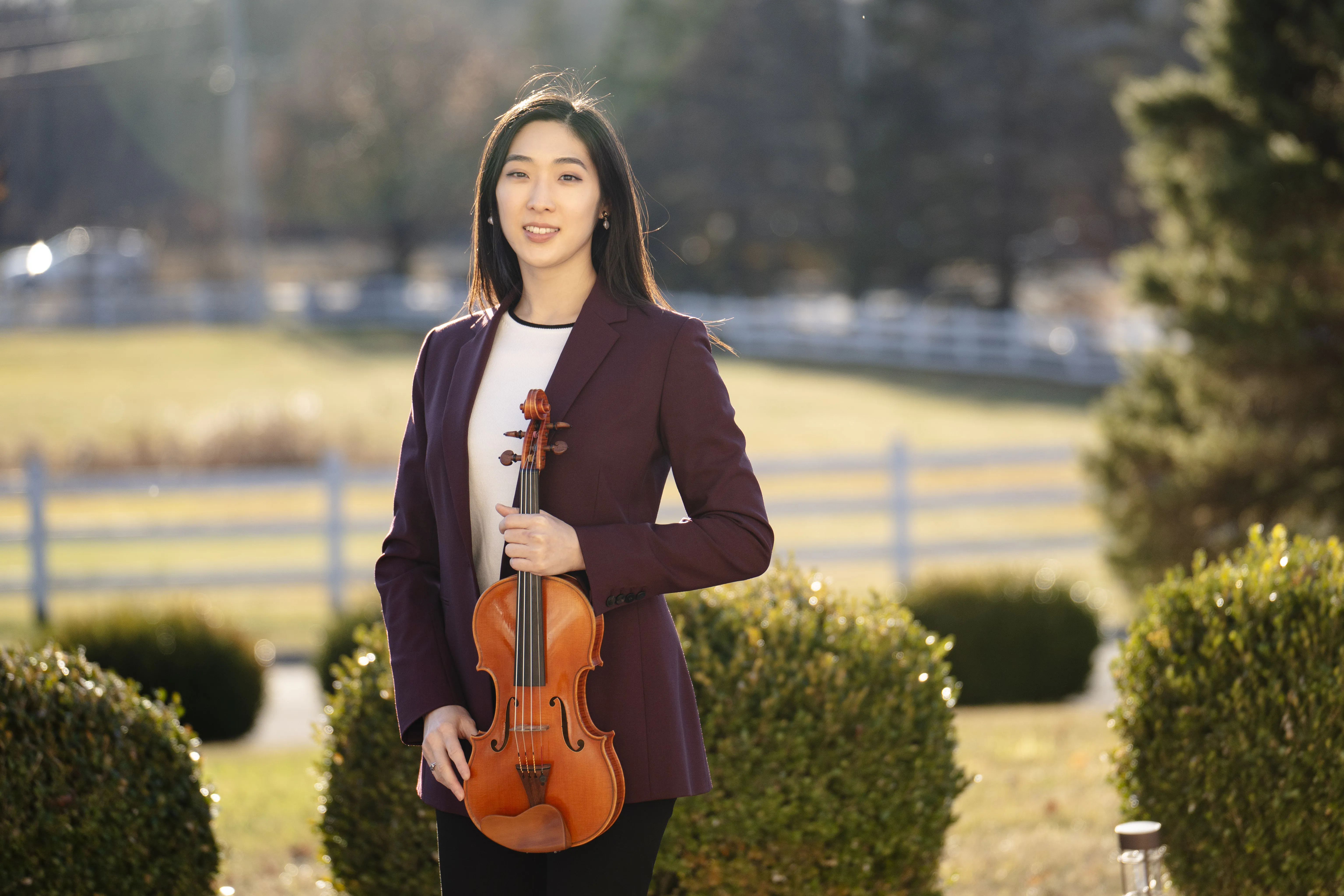
Countering Persecution
Lillian Parker, a Shen Yun principal dancer, was chiefly attracted by the show’s modern-day message.
Her parents were among the small number of Westerners who traveled to Beijing’s Tiananmen Square to raise awareness about the persecution that Falun Gong practitioners face in China.
“Growing up, when I heard those stories, I also wanted to do something like that,” Parker said.
Shen Yun’s mission, to revive the traditional Chinese culture unspoiled by communism, emerged from the background of the persecution carried out by the communist regime since 1999. Some of its dance pieces portray the persecution.
Falun Gong was widely popular in the 1990s in China, one of few avenues to reconnect with traditional Chinese spirituality that had been stomped to the ground during the Cultural Revolution.
By 1999, upwards of 70 million people picked up the practice, according to government surveys.
But then-head of the Chinese Communist Party (CCP), Jiang Zemin, believed that Falun Gong was a threat to the ideological control of his atheist regime. In July that year, he ordered the practice “eradicated.”
In the ensuing persecution campaign, which persists today, millions were imprisoned and tortured in attempts to force them to renounce their faith. A large, but difficult to estimate number have been killed, often with their organs removed and sold for transplants, multiple independent investigations have concluded.
“I always wanted to do something to try and counter the persecution, and I thought this was a great way to do it,” Parker said. “And also, in general, I wanted to be a dancer … so it’s a perfect combination of the things I want to do.”
All of the artists said they joined the school after they saw a Shen Yun performance and were inspired one way or another.
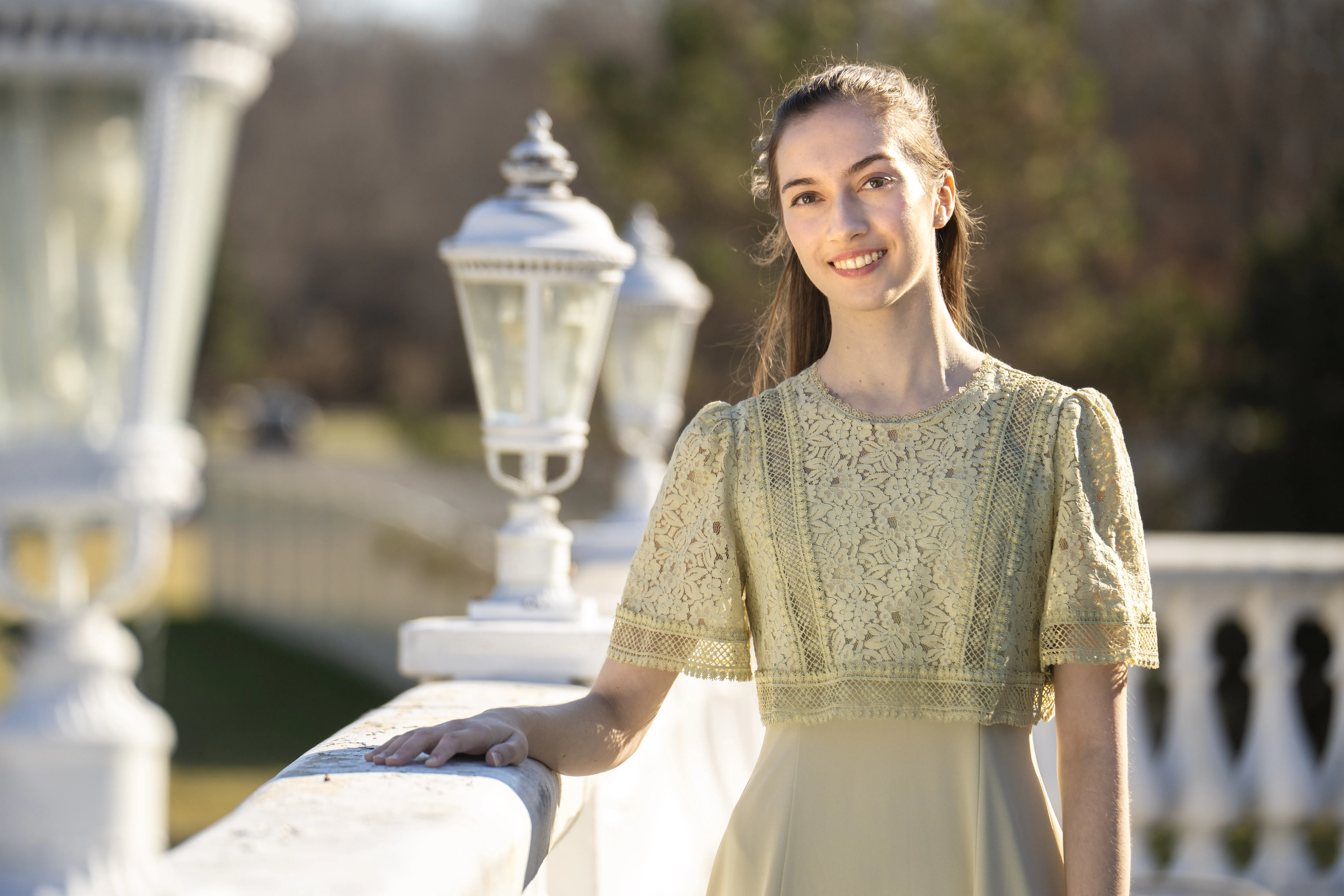
“This is something I really want to do, because their mission is to revive the 5,000 years of traditional Chinese culture. That’s my culture. I want to take part in that,” Song said.
Zhang had a similar experience.
“I immediately resonated with the mission very deeply,” she said.
Environment
Aside from technical mastery, both Fei Tian and Shen Yun prioritize character growth, the artists said.
The core of the Falun Gong practice, as the Shen Yun artists described it, lies in “cultivation”—improving one’s moral character. That can take many forms, but a common example is improving one’s ability to handle conflicts.
It’s not always easy to examine oneself during a conflict, especially when emotions get in the way, Browde said.
“Every single day, you just have to reflect on yourself and see what you can do better. And I guess sometimes you do do better, sometimes you stumble and fall. But that’s the process.”
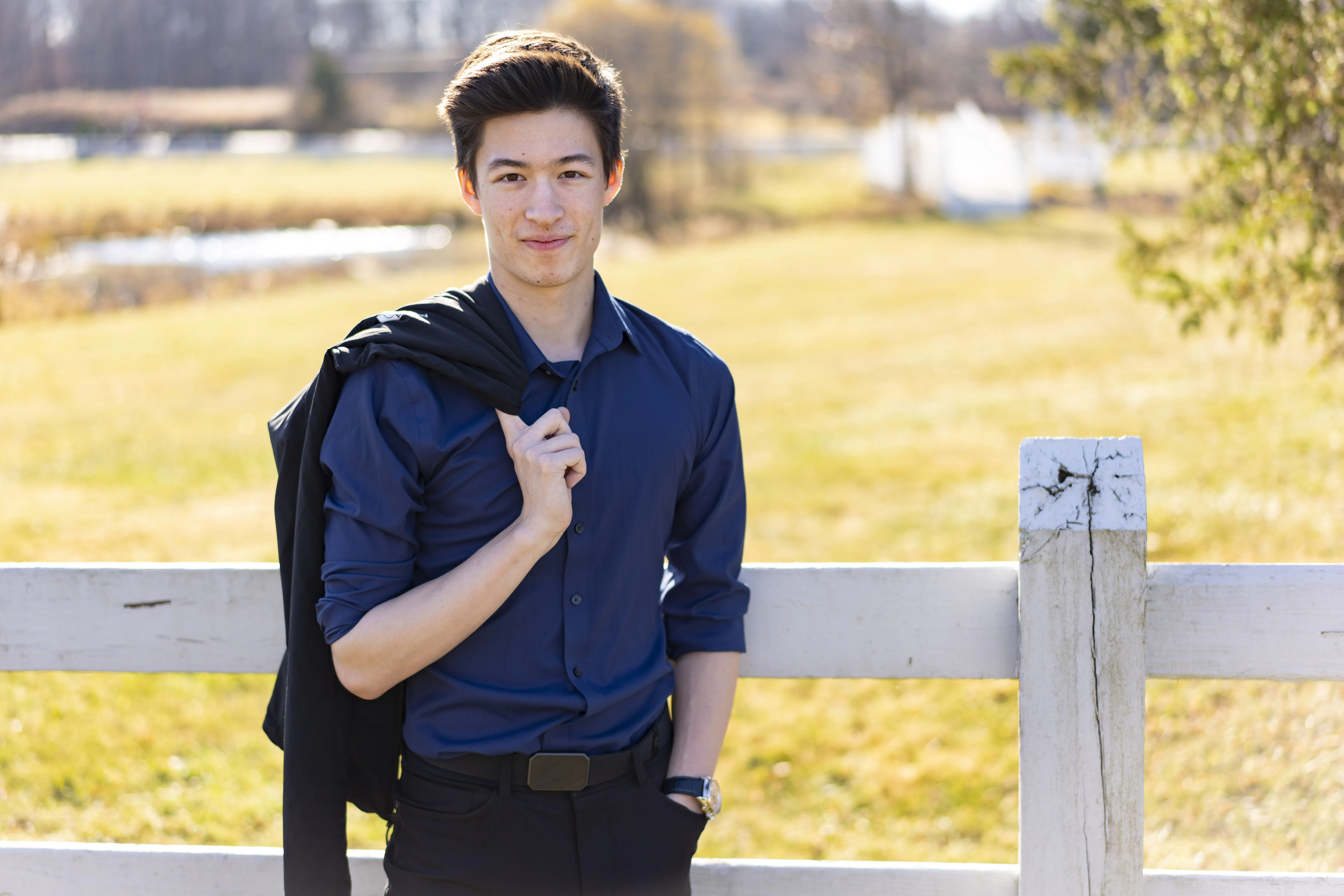
The byproduct of an environment where everybody strives toward moral self-improvement is that conflicts tend to get resolved quicker, Song said.
“You finally let go of your ego and decide to apologize to somebody, and then suddenly they also realize that they’ve been stubborn or holding on to their own beliefs or whatever. … And then when both parties take a step back, the issue gets resolved.”
Fei Tian faculty doesn’t just preach morals, they said.
“All the teachers and the faculty [at Fei Tian] who guide you, I feel they also very much tried to lead you by example, in terms of how they are as people,” Zhang said.
Browde concurred.
“They lead by moral character. They lead by example.”
He was particularly inspired by his first dance teacher, he said.
“I always try to strive to be like him in the way he led me, in the way he taught me, and I wish that maybe one day I’m going to be able to pass that on to future generations of students.”
Song valued the emphasis on morals even beyond the artistic instruction.
“I think that’s something that I’m truly grateful for, and much more grateful than any sort of technical abilities that I may have learned,” he said.
The artists gave many examples of teachers going out of their way to help them, be it academics, art, or even personal issues.
It also made a big difference that the students were on the same page.
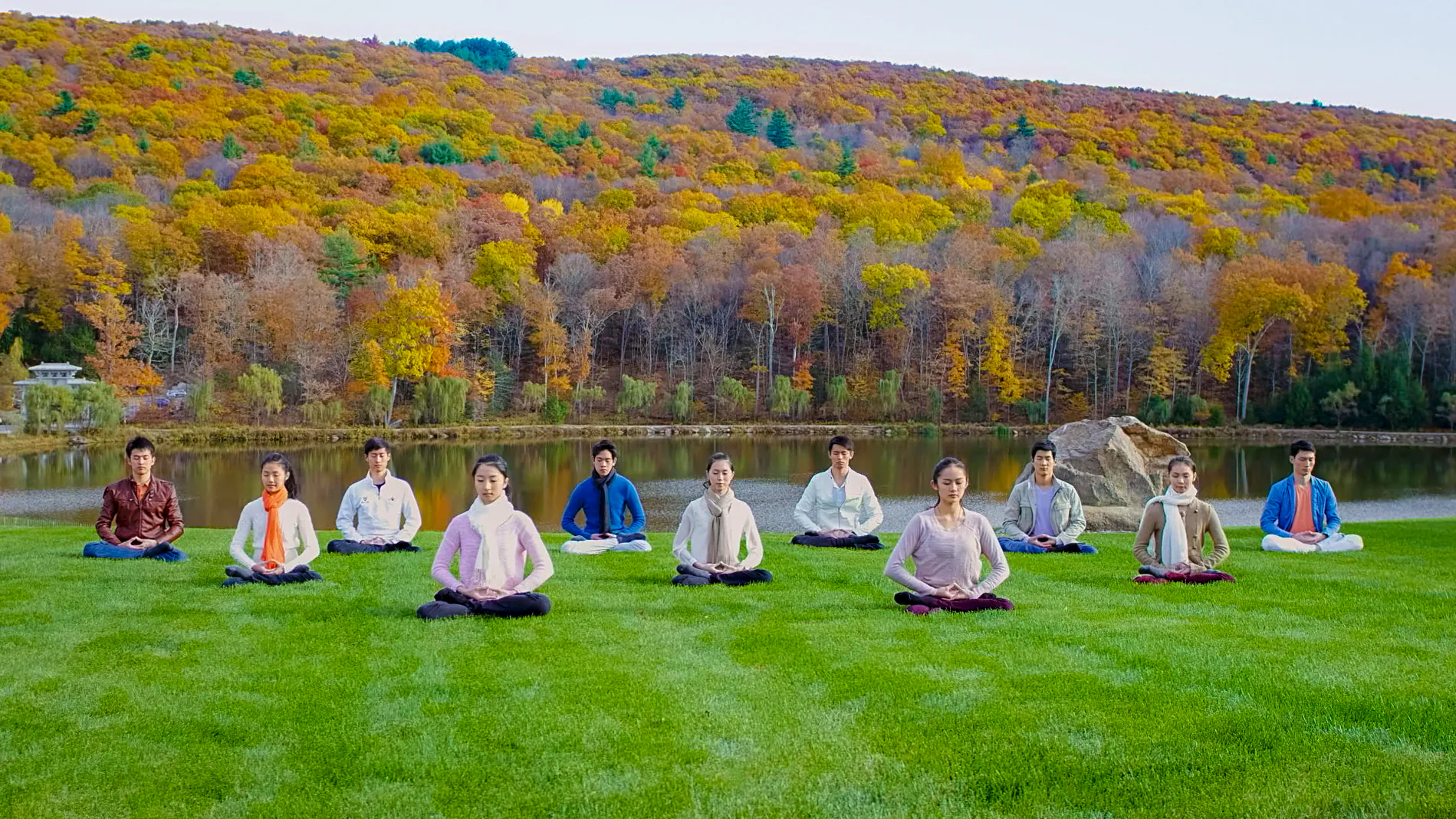
“We never feel like we have to hide things from each other, and we know that if we talk to someone about the issue, they’ll be able to give us maybe a new perspective and help us get through whatever we’re going through,” Song said.
Zhang said it helped to be around teenagers her age who acted “so righteous.”
“When you have friends your age, people around you, peers who really strive to become better people in daily life, that’s when I realized, ‘Oh, I can achieve much more in myself,’” she said.
“There are many instances of people going out of their way to help me or help others. And when I see these things, they’re like little examples in life that I can follow.”
As a religious boarding school, Fei Tian also requires a level of restraint and discipline.
Students aren’t allowed to engage in intimate relationships while living on campus. They also aren’t allowed smart phones. The schools provide phones without internet access. They can access the internet on school computers with parental filters engaged.
Some of the artists said that as teenagers they found some of the rules annoying, but came to appreciate them retrospectively.
“I spent so much more time working on my profession, on my art, or actually speaking to people and spending time with them, instead of everybody just sitting there looking at our devices,” Zhang said.
“I feel it gave me a much healthier life growing up. And also, I was able to get a lot more done. I wasted a lot less time because I didn’t have those distractions.”
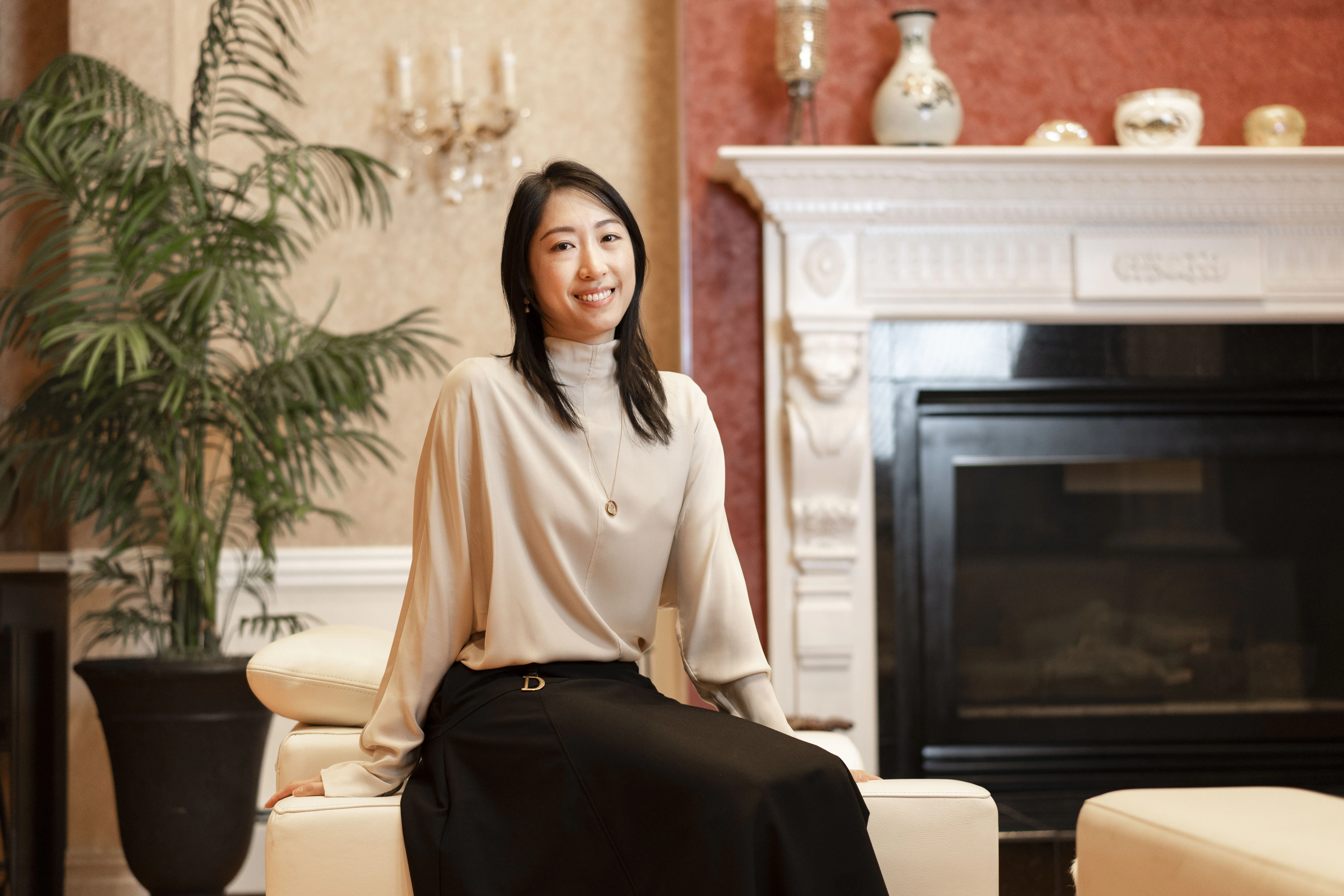
‘Two Hours of Complete Peace’
Shen Yun’s impact on the audience is a great motivator, several artists noted.
“I’ve seen a lot of audience feedback,” Zhang said. “People say they went through some really, really terrible event, or they lost a family member. And through watching the show, it brought them two hours of complete peace and complete happiness, and then they just feel kind of healed after the experience.”
Wei said she values giving the audience respite with traditional moral values.
“You see stories of courage and devotion and things like that, and modern-day tales of people who are standing up for what they feel is right. Stories of good conquering evil. I feel like that’s something worth doing,” she said.
From The Epoch Times

